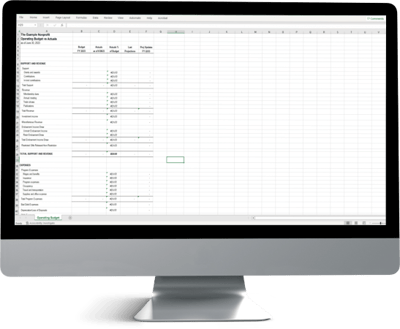Unrelated business income tax, or UBIT, is tax assessed on the unrelated business income of exempt organizations. Unrelated business income is any activity conducted for profit that is regularly conducted and not substantially related to the charitable purpose of the organization. Unrelated business income includes investment income earned from debt-financed property.
Debt-financed property is defined as any property held to produce income, including gain from disposition, which is subject to acquisition indebtedness at any time during the tax year or during the 12-month period before the disposition date.
Exceptions
Acquisition indebtedness incurred in performing the organization’s exempt purpose does not trigger UBIT, either during the operations year or upon disposition. This exception refers to the indebtedness being essential to the performance of the exempt function. Borrowing money to purchase investment assets does not fulfill this exception level of essential.
Another exception is for “substantially related use” of the acquisition indebtedness that focuses on the relationship between the indebtedness incurrence and the accomplishment of the organization’s purpose. Substantial use of the investment property to further the organization’s purpose exempts such income from UBIT. However, using the property to generate income to fund the organization’s purpose is not exempt from UBIT.
Planning Strategy
The IRS has mandated a formula to determine the amount of taxable gain or loss upon disposition of debt-financed property. The highest amount of acquisition indebtedness during the 12 months preceding the disposition is divided by the property’s adjusted basis and then multiplied by the amount of gain or loss incurred.
If an organization is able to delay selling a debt-financed property for a period greater than 12 months from the extinguishment of the debt, the gain will avoid being classified as UBIT. Conversely, if the sale of the debt-financed property results in a loss, it may be advantageous to dispose of the property within the 12-month period to maximize the loss classified as UBIT.
Need Help?
Contact our Nonprofit Group online or call 800.899.4623.


